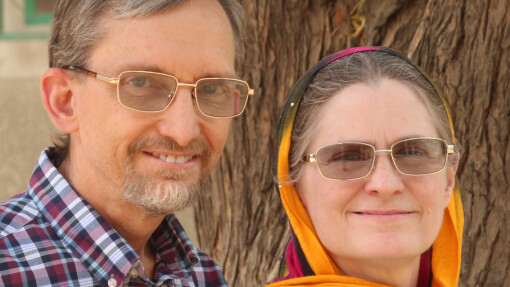Merry Christmas from the Board of Elders
Season's greetings from the Grace Chapel Board of Elders!
Season's greetings from the Grace Chapel Board of Elders!
On December 13, our Senior Pastor Search committee spent the day in retreat as a team...
Would you join us in praying for an urgent need from one of the afghan refugee...
Grace Chapel is currently seeking a Worship Leader for Contemporary Services who will...
The Pastor of Family Ministry provides visionary leadership and strategic oversight...


A quick update on our current financial picture from our Treasurer.
